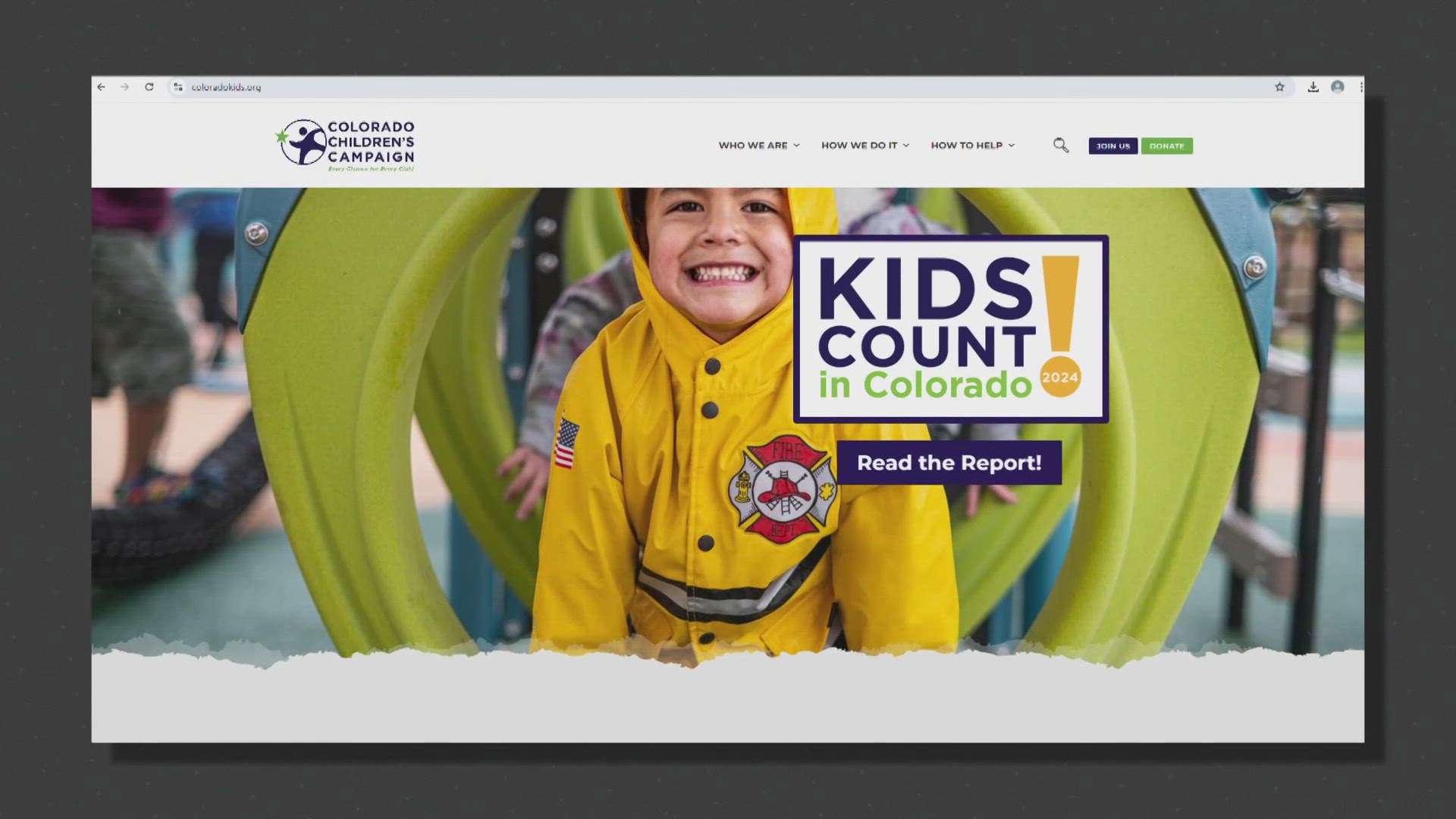DENVER — The Colorado Children’s Campaign released its annual report that provides the most up-to-date information on issues affecting kids and their families. The 2024 edition of KIDS COUNT in Colorado! tracks child well-being at the state and county levels in family economic prosperity, child and family health, early childhood learning and development and youth success.
Melissa Mares is the Director of Early Childhood for the nonprofit, nonpartisan advocacy group that’s been helping Colorado youth since 1985.
“We put out a yearly data book looking at how kids are doing across the state,” Mares said. “This book actually has a county-by-county breakdown of the data we have access to across all of our issue areas.”

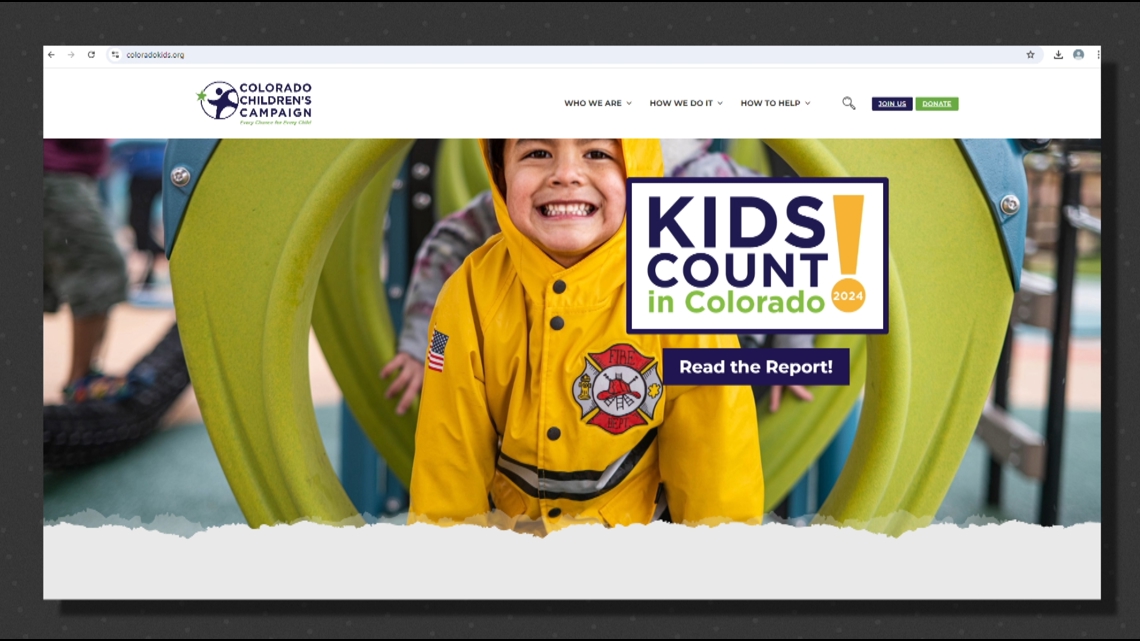
The report discusses issues facing the state’s students and their families like housing, healthcare and poverty. Part of the report also addresses kindergarten readiness while they’re seeing more students enrolling in preschool since the pandemic. Even though the report showed increases in social and emotional development, Mares said they saw a steep drop in early childhood literacy from 74% to 66%.
“We see over the last three years the trends go up and down, but it is noteworthy this year it’s a little bit further down in literacy,” Mares said. “Sometimes, there’s a key cause that we can point to which also has fairly obvious solutions that we’re working on to make sure that doesn’t happen again.”

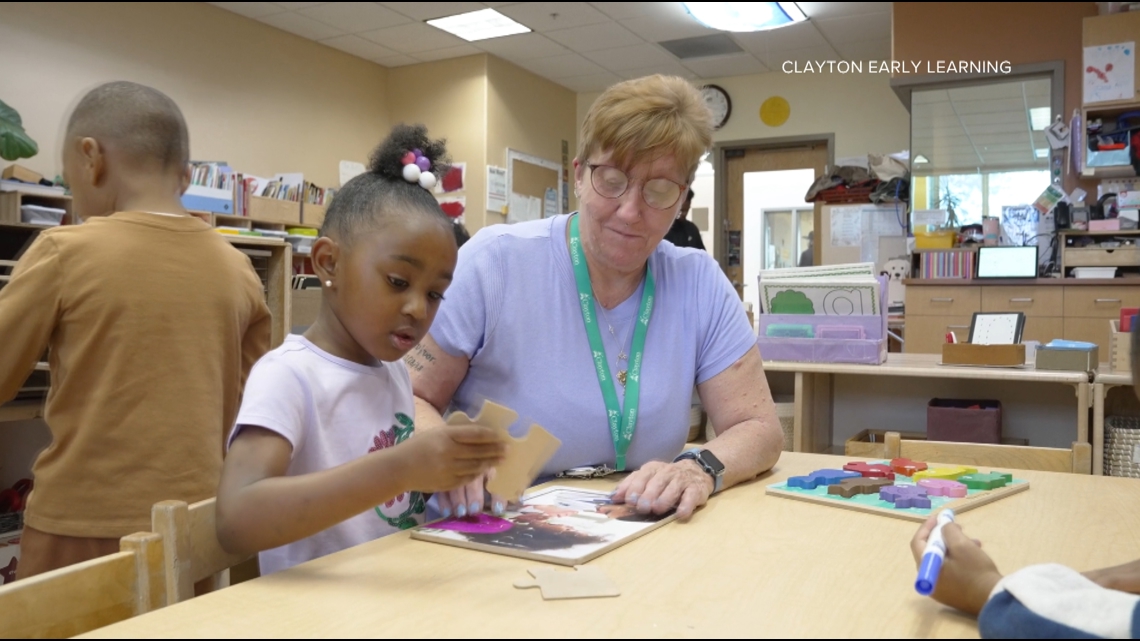
Mares believes factors like the lack of family access and the pandemic may have played key roles in their results.
“Access to early childhood programs and services are really dependent on a family’s means, and that does not lead to good outcomes for kids, especially those who need this the most,” Mares said. “The school year 2020-2021, all data collection was paused because of the pandemic, so we’re still seeing those impacts too.”
Geri Mendoza is the school director for Clayton Early Learning which also sees the effects of the pandemic. She thinks sometimes people forget about the social and emotional base of a good foundation for learning.

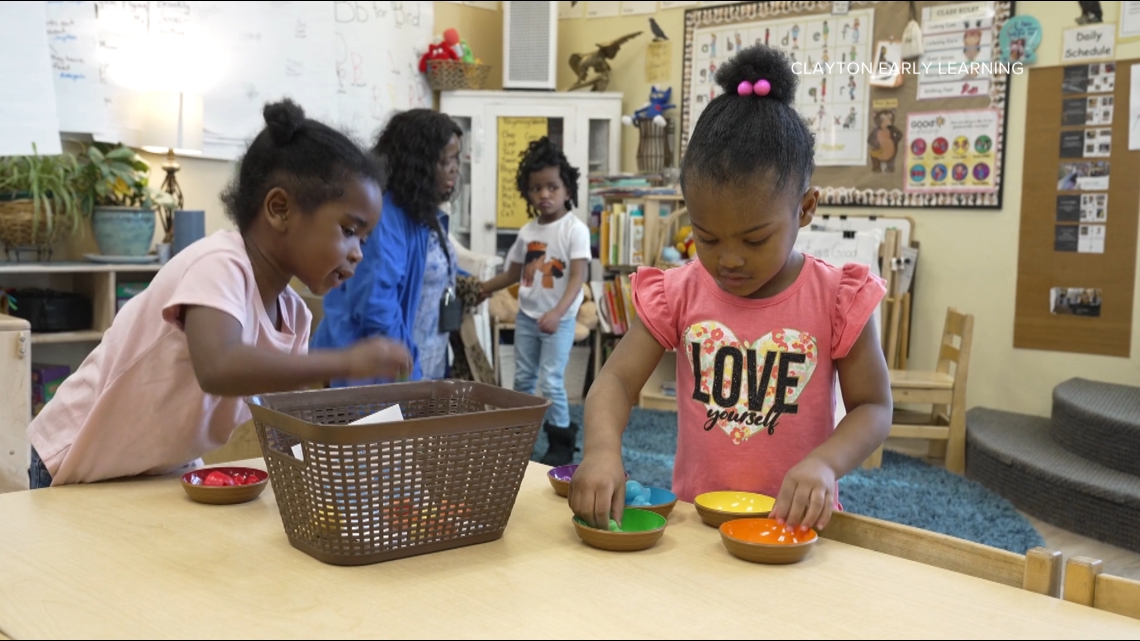
“The pandemic affected our children in that they didn’t get the social interactions that they needed,” Mendoza said. “[So,] we start early with building social/emotional skills which then leads to that door to open up learning.”
According to the Colorado Children’s Campaign, kindergarten readiness scores in literacy do seem to match national trends of some setbacks in literacy and other areas for kids who were very young during the pandemic. Mares said they have heard about kids struggling with social/emotional skills and some other areas, but they are still learning about those impacts and the group is still looking into the trends in literacy in Colorado and beyond.
“It’s really a high priority for us to think about readiness not just being how many letters sounds you know or if you can count one by one,” Mares said. “It is, 'Can you solve a problem, do you know which jacket is yours, can you wait your turn to talk to the teacher?''
The group hopes the report will start policy debates and community discussions while serving as a valuable resource for policymakers and community leaders.

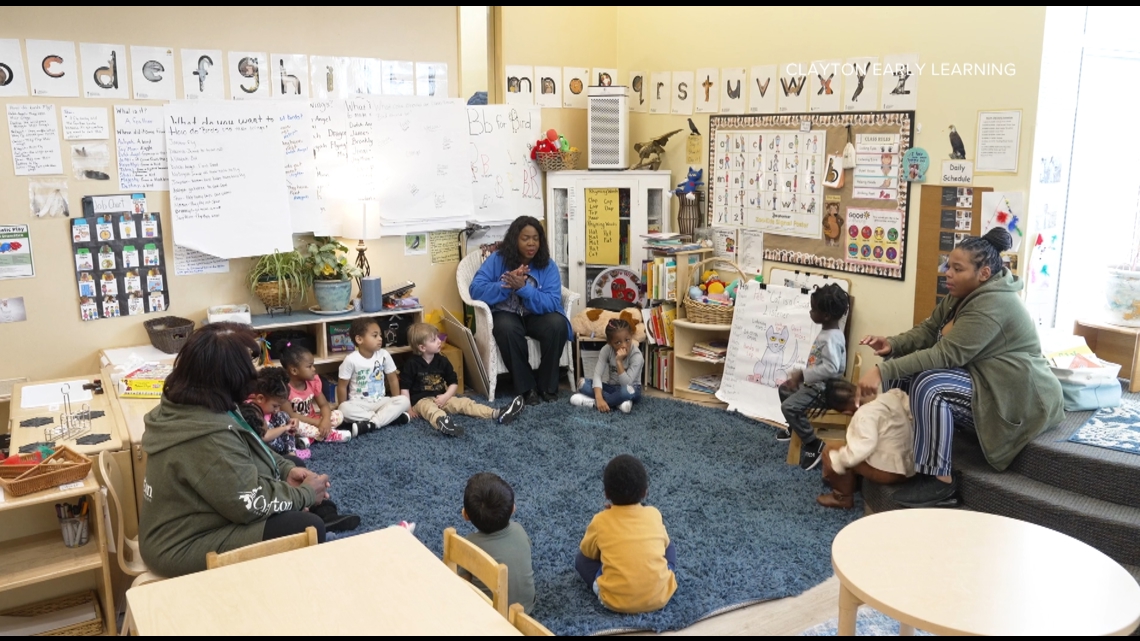
“Kindergarten readiness is a key data point that we look at and it tells us if kids are ready for school and for life,” Mares said. “And to the extent that we should be distributing state resources differently to schools and districts based on what specific kids and families might need.”

